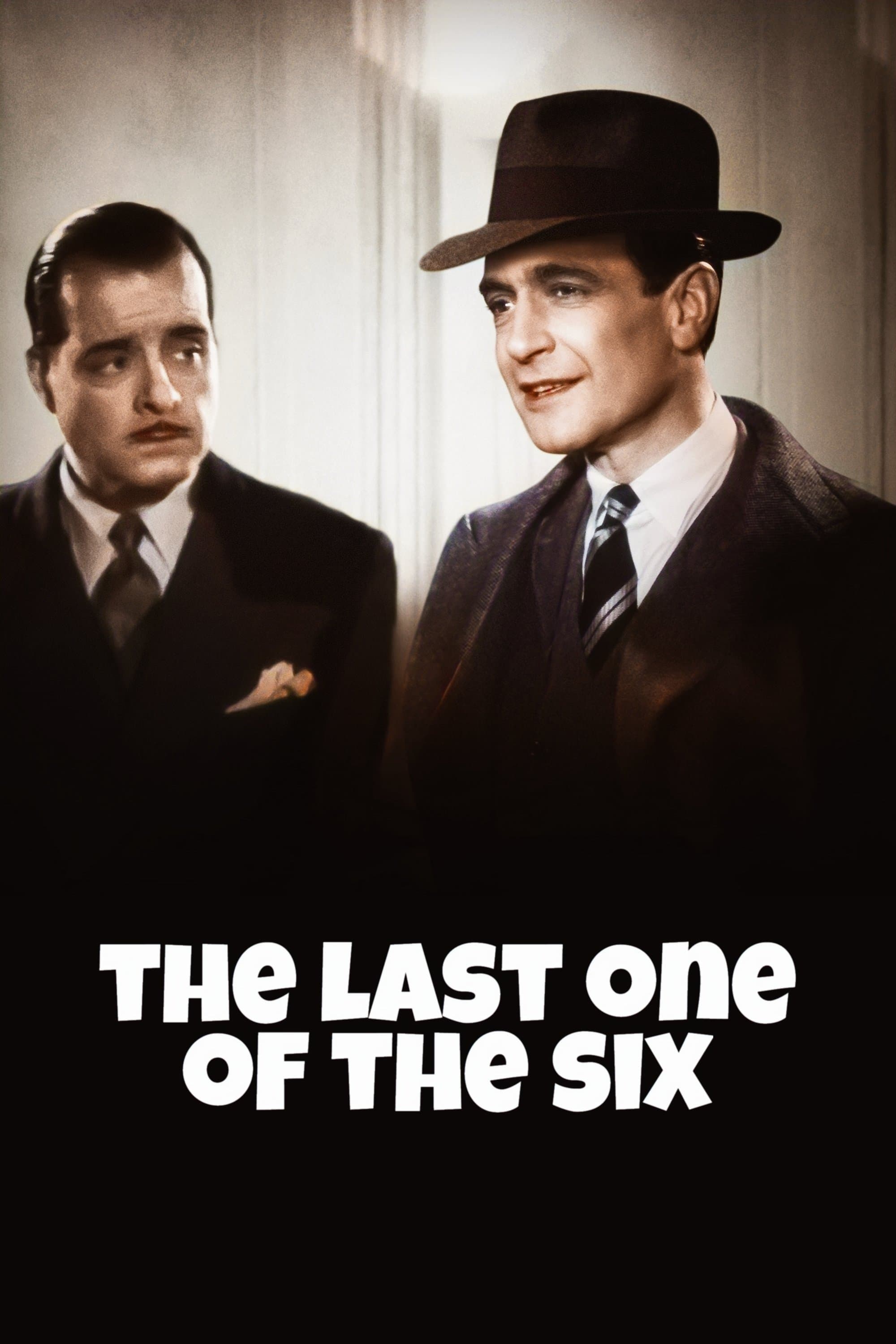
The Black Sheep
Nov 09 1968
•2h 50m
•Comedy
Mario and Filippo are two twin brothers, the honorable one want to bring morality back into Italian political life, as president of the Commission for the investigation of corruption. The other brother is a cynical trickster.
Cast
See all
Vittorio Gassman
Mario Agasti / Filippo Agasti

Lisa Gastoni
Alma - moglie di Mario

Adrienne La Russa
Kitty

Giampiero Albertini
Santarini
Recommendations
See all
Burden of proof
Anna runs into her ex-boyfriend on a little pedestrian bridge. Between hurried passers-by, she attempts to explain to him what he did to her. Alas, it's her word against his.

Free Willy 3: The Rescue
Willy the whale is back, this time threatened by illegal whalers making money off sushi. Jesse, now 16, has taken a job on an orca-researching ship, along with old friend Randolph and a sarcastic scientist, Drew. On the whaler's ship is captain John Wesley and his son, Max, who isn't really pleased about his father's job, but doesn't have the gut to say so. Along the way, Willy reunites with Jesse.

The Last One of the Six
Paris, France. Commissaire Wens is put in charge of the investigation into the murder of one of six friends who, in the past, made a very profitable promise.

Ever After High: Dragon Games
Dragons return to Ever After High, and so does the Evil Queen. When the most epic competition and evil scheme starts at Ever After High, Raven and Apple must let go of their story conflict and save their beloved school together.